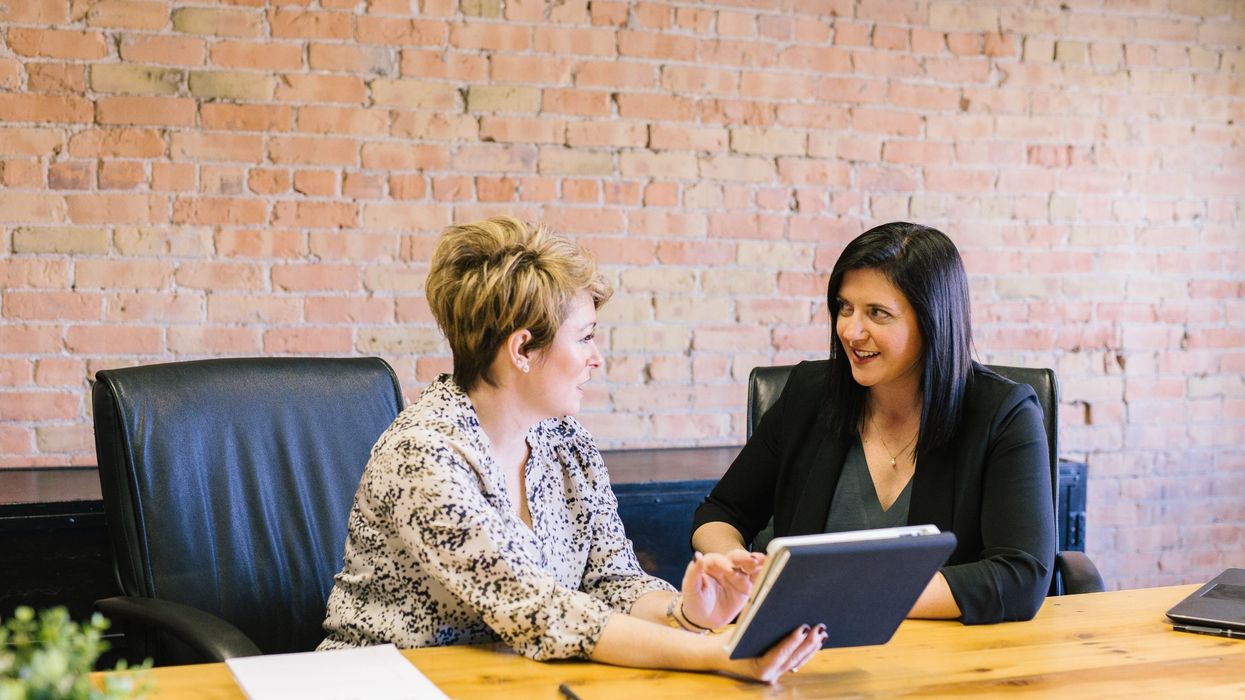If it wasn’t for mortgages, most Canadians probably wouldn’t be able to afford a home purchase. But thanks to home loans, investing in these expensive assets is made possible.
Given the sky-high prices of homes these days, it’s nearly impossible to be able to come up with the funds to cover the full purchase price upfront.
READ: What Happens When You Miss A Mortgage Payment?
As such, would be wise to start searching for a mortgage broker or lender right alongside your search for a new home. But before you settle on one particular lender, there are a few questions you should probably ask first.
1. What Type of Loan is Best?
There are various types of loans out there, and the one that you choose will depend on your comfort level, experience, financial health, and what the lender is able to offer you.
For example, there are fixed-rate loans, variable-rate loans, conventional mortgages, high-ratio mortgages, open or closed mortgage, and so forth. Be sure to ask your lender what they offer and what the benefits and drawbacks of each are before you settle on one.
2. What Interest Rate Can I Get?
Interest rates on mortgages depend on the Bank of Canada's prime rate and the yield on Canadian government bonds. But banks and lenders also have their own influence on rates and what they can offer. Private lenders tend to charge higher rates compared to conventional mortgage lenders.
Further, your credit health also plays a key role in the rate you can get. A healthy credit score will usually afford borrowers with lower rates, while bad credit borrowers will be more likely to be offered a higher rate because of their higher-risk profile.
In any case, asking a prospective lender what rate they can offer is a crucial question to ask given the impact it will have on how much you end up paying overall. More specifically, inquire about what interest rate you'd be able to qualify for.
READ: What’s The Easiest Way To Get Approved For A Mortgage?
3. Are There Any Prepayment Fees?
Mortgages have a specific maturity date, which is the date that the entire loan amount must be repaid in full. However, if you happen to come upon a large sum of money at some point - whether it's from commissions at work, a pay increase, an inheritance, or a big tax refund - you may want to put that lump sum of money towards the principal portion of your mortgage.
If that’s the case, you would be prepaying part of your mortgage. You'll want to ask your mortgage broker if there’s a penalty that exists if you were to do so. If there is, ask how much the payment penalty will be and what the terms of the prepayment are.
4. How Much Time Will it Take to Complete the Mortgage?
Depending on the market, you’ll want to find a mortgage lender who will be able to close your mortgage as quickly as possible. This is especially helpful in a hot market where mortgage closing should happen in 30 days or less.
That said, some types of home loans can take longer to process, depending on a number of variables, including your financial health and the type of home being purchased.
READ: Why You Were Denied A Mortgage After Getting Pre-Approved
5. What Documentation is Required?
Your lender is going to want to see a number of pieces of documentation in order to assess your ability to repay your mortgage. This can include things such as proof of income, employment letter, statement of assets and liabilities, personal identification, and any documentation you can provide about your credit history. Find out exactly what's needed from the lender before you sign on.
6. What Kind of Down Payment Assistance Can I Get?
It can be tough to come up with a down payment considering how expensive housing is. That said, there may be some down payment assistance programs that you might be able to take advantage of.
One, in particular, is the Home Buyers Plan (HBP) in which you would borrow against your RRSP savings to be put towards your down payment.
Ask your lender if they’ll be able to guide you to any programs that will help you come up with a sizable down payment.
READ: What You Need To Know About The Mortgage Stress Test In 2019
7. Do You Charge to Lock in the Interest Rate?
If rates are rather low right now, you might want to lock into it as soon as possible in case they start to increase shortly after.
Locking in a mortgage rate basically involves a commitment by a mortgage lender to provide you with a specific interest rate as long as the house closes within a certain timeframe. Locking in the rate will ensure that any fluctuation in interest rates won't affect you.
That said, some lenders might offer a rate lock free of charge, while others might charge a fee for this service. Find out if the lender charges to lock in the interest rate, and if they do, find out what the exact fee is.
Final Thoughts
Shopping around for a lender is somewhat like shopping for the home itself. Considering how long you'll be committed to your mortgage, you'll want to make sure the product and the partnership is just right. And the best way to do that is to ask all the right questions.





















